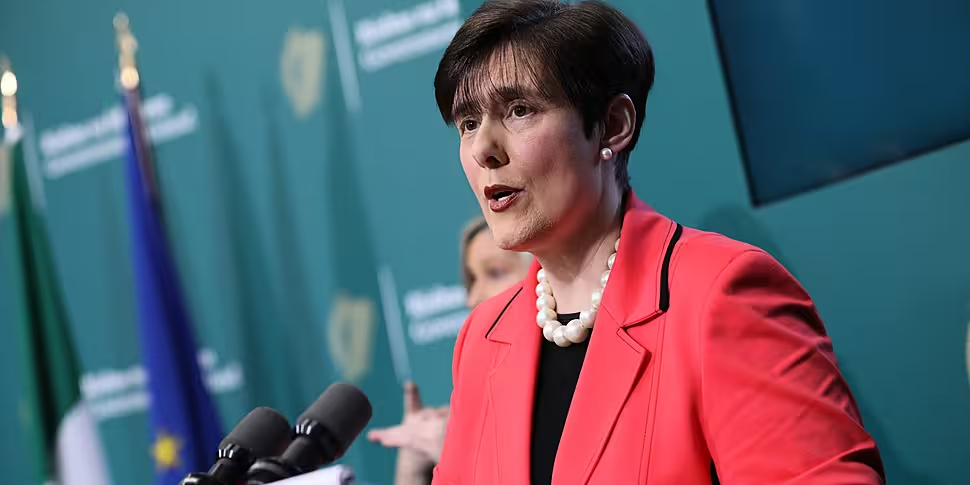Children with special needs will not be returning to the classroom on Thursday, after the Government was forced to abandon the plan.
The Department of Education said the decision was down to "a lack of co-operation by key staff unions in the primary sector."
It said engagement had been "consistent, frequent and ongoing" at ministerial and official level with education partners over the last two weeks.
The Irish National Teachers Organisation (INTO) and Fórsa had earlier called on Education Minister Norma Foley to postpone the re-opening, claiming "efforts to reassure staff schools are safe had failed".
INTO General-Secretary John Boyle said on Tuesday that "inconsistent advice about safety in schools" was at the root of the problem.
"We are calling on the Government to avoid a confrontational approach that forces a reopening on tens of thousands of fearful staff who want to follow public health advice," he said.
"Instead, they should continue to work with us to ensure that schools are safe for students and staff."
Earlier, disability groups warned that children with special needs had been 'almost completely forgotten' in the row between unions and the Government.
Further engagement between the department and unions is expected over the coming days to reach an agreement.
'I regret this has not been possible'
Minister Foley said her department set out to the unions how it would address these concerns.
Proposed measures would have put temporary flexible accommodations in place to work remotely, or carry out duties where they were not in close contact or providing personal care.
In a statement, Minister Foley said: "It is hugely important to provide in-person learning to this vulnerable cohort of children, and I regret that this has not been possible.
"The needs of this group of students are such that no-one should be in any doubt of the importance of this goal, and its urgency.
"We all understand how vulnerable these children are, and how much they need to be in school.
"The concerns and fears of teachers and SNAs have been well articulated, and I, along with my officials have listened carefully at every stage of this process.
"I have full confidence in our public health advice which, at all times, has underpinned our approach to keeping schools safe.
"This means that we know that with the appropriate measures in place, we can support the re-opening of special schools, special classes and in-person learning for certain children with special educational needs in mainstream schools."
She acknowledged that Ireland is behind the rest of the EU in this regard.
"Ireland is an outlier in the European Union in not having in-person provision available for students with special educational needs at this time.
"We have addressed the concerns raised in relation to safety, including making public health officials available to education partner representatives, and subsequently facilitating three of the most senior public health officials in the country to communicate directly with teachers and SNAs".
She added: "This is the first time that unions have refused to accept the advice provided by public health specialists.
"We have provided guidance on how special schools can operate at 50% capacity, to offer these students a return to learning, knowing that the vast majority of these students cannot engage in any way with remote learning."









